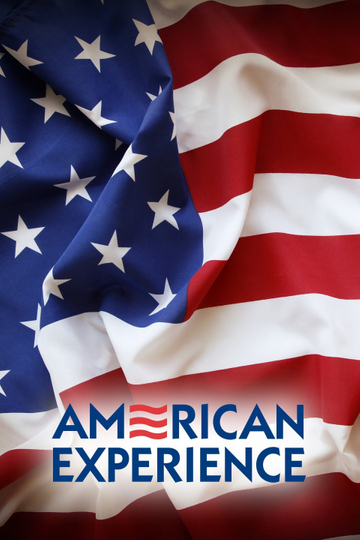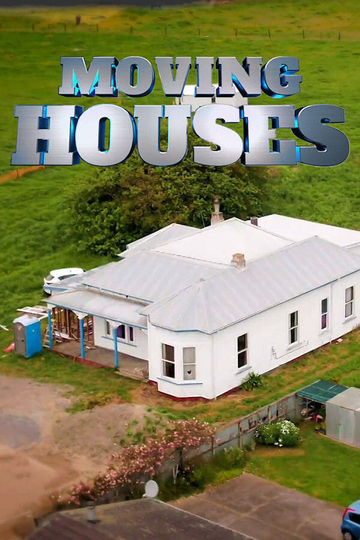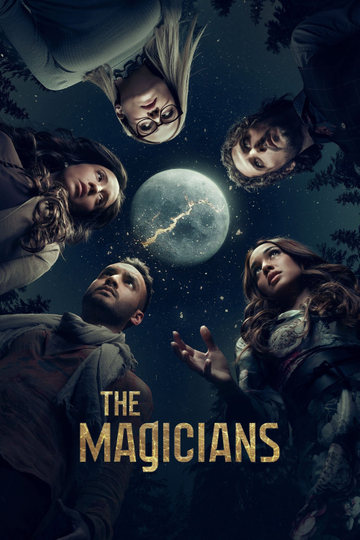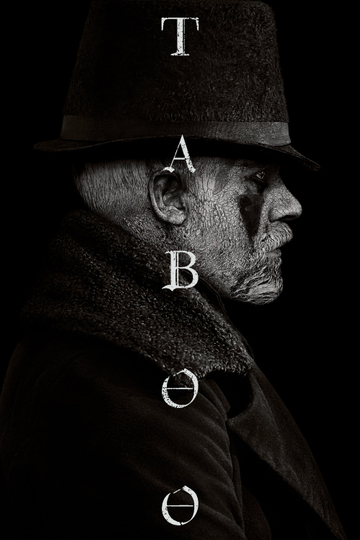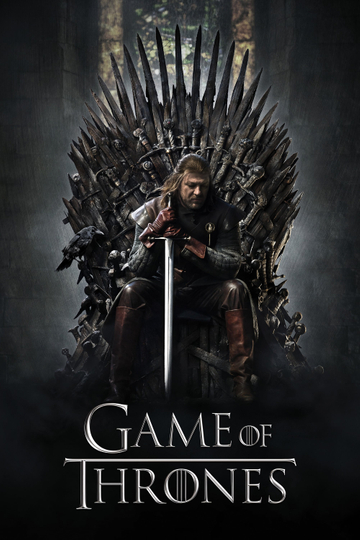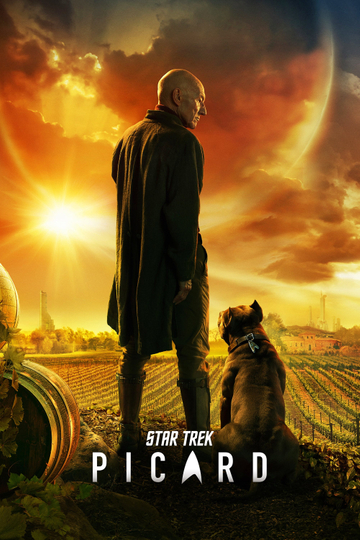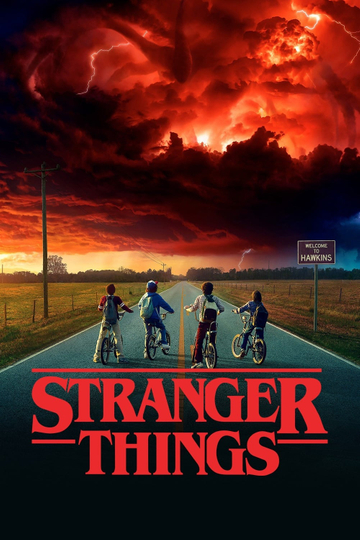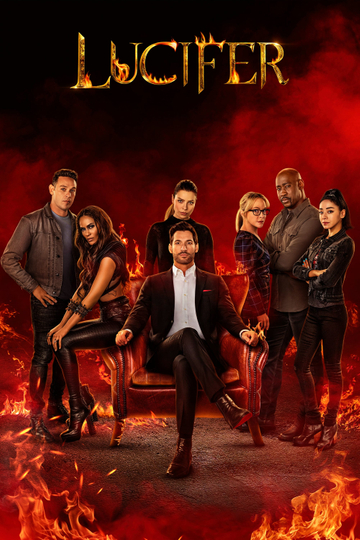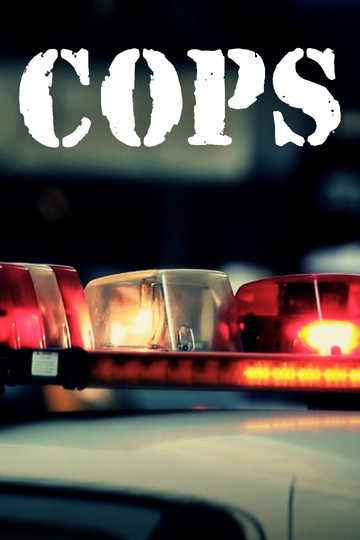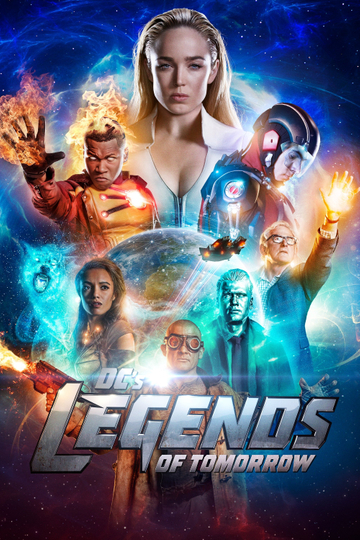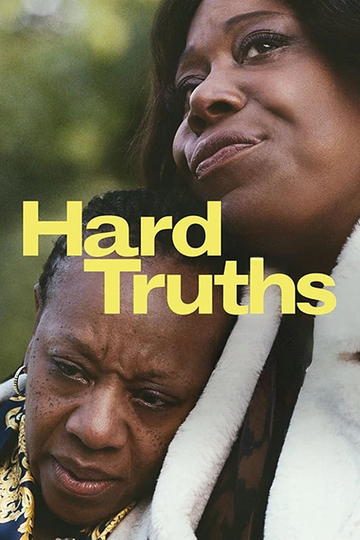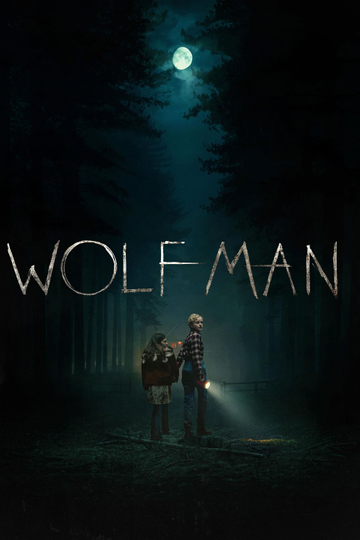Season 25 Episodes
1. The Abolitionists: 1820s-1838
The story of how abolitionist allies William Lloyd Garrison, Frederick Douglass, Harriet Beecher Stowe, John Brown and Angelina Grimke turned a despised fringe movement against chattel slavery into a force that literally changed the nation.
2. The Abolitionists: 1838-1854
See how the activities of the five principals intersect and affect the anti-slavery movement.
3. The Abolitionists: 1854-Emancipation and Victory
Examine the forces leading to war and to the ratification of the Thirteenth Amendment.
4. Henry Ford
An absorbing life story of a farm boy who rose from obscurity to become the most influential American innovator of the 20th century, Henry Ford offers an incisive look at the birth of the American auto industry with its long history of struggles between labor and management, and a thought-provoking reminder of how Ford's automobile forever changed the way we work, where we live, and our ideas about individuality, freedom, and possibility.
5. Silicon Valley
Led by physicist Robert Noyce, Fairchild Semiconductor began as a start-up company whose radical innovations would help make the United States a leader in both space exploration and the personal computer revolution, changing the way the world works, plays, and communicates. Noyce's invention of the microchip ultimately re-shaped the future, launching the world into the Information Age.
6. War of the Worlds
A broadcast that struck fear into an already anxious nation, Orson Welles' War of the Worlds radio broadcast was the most famous alien invasion that never happened.
7. JFK (Part 1)
A two-part profile of John F. Kennedy begins with his early years, detailing the health challenges he faced; his heroism after his PT boat was hit by an enemy destroyer during World War II; his first run for Congress; and the 1960 presidential race, which featured the first televised presidential debates. Among those sharing insights are his sister Jean Kennedy Smith and niece Kathleen Kennedy Townsend; presidential biographers Robert A. Caro and Robert Dallek; and historian David Nasaw.
8. JFK (Part 2)
Conclusion. John F. Kennedy's White House years, including the Bay of Pigs fiasco; Cuban Missile Crisis; handling of civil rights; and decision to travel to Dallas on Nov. 22, 1963, to shore up support for the 1964 election. The successes and failures of his tenure in office are also weighed by Kennedy administration officials John Seigenthaler, Thomas Hughes and Harris Wofford; civil-rights leaders Andrew Young and Julian Bond; and journalists Evan Thomas and Richard Reeves.










